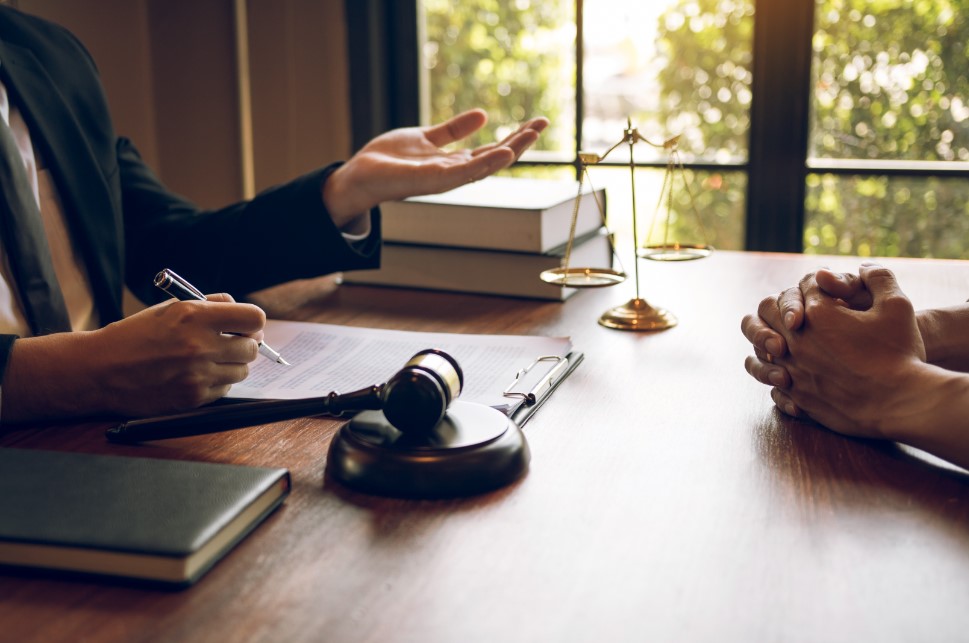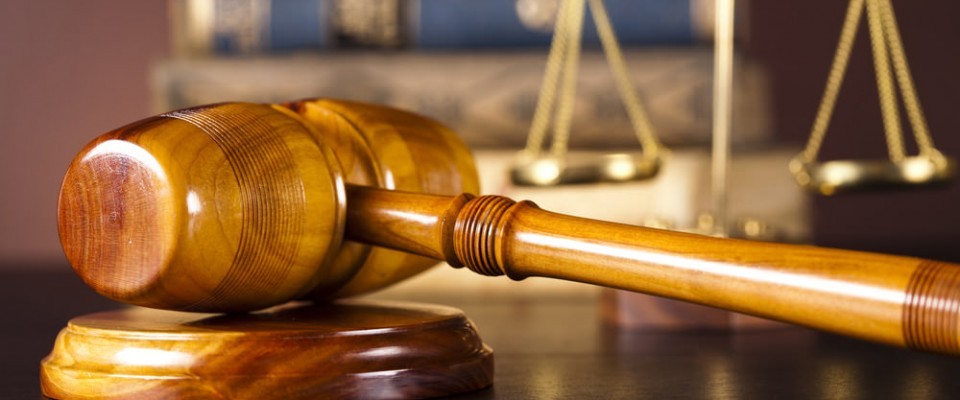
When dealing with incidents where an individual sustains an injury on someone else’s property, the expertise of a premises liability lawyer becomes invaluable. We understand premises liability law, which holds property owners legally responsible for accidents and injuries that occur on their property. This aspect of law covers a range of situations, from slips and falls to defective conditions, or inadequate maintenance of the premises. It’s essential to recognize that property owners have a duty to ensure their space is safe for those who enter it, be it a visitor, customer, or employee.
Our role in premises liability cases is multifaceted. We not only aim to represent our clients with rigorous attention to detail but also to navigate the complexities of the law to secure fair compensation for their injuries and losses. It is our job to prove that the property owner knew or should have known about the dangerous condition and failed to correct it. We meticulously gather evidence, consult with experts, and build strong cases that emphasize the severity of the injury and the negligence that caused it.
Understanding premises liability is crucial for victims of property-related accidents. We provide guidance, helping clients to comprehend their rights and the legal avenues available to them. Whether negotiating with insurance companies or presenting a case in court, we strive to advocate effectively for those affected by the negligence on someone else’s property. It’s about achieving justice and ensuring the safety standards are upheld to prevent future injuries.
Understanding Premises Liability
Before we explore the specifics of premises liability, it is essential to understand that property owners have a legal duty to ensure their property is reasonably safe for visitors. This encompasses maintaining the property to prevent accidents and warning of potential hazards.
Duty of Care and Liability
In premises liability law, a property owner’s obligation to guarantee a safe environment is known as the duty of care. We categorize the level of care according to the type of visitor:
- Invitee: An individual who has the property owner’s permission to enter the premise for commercial benefit to the owner. The duty of care here is high, as owners must regularly inspect for and rectify dangerous conditions.
- Licensee: A guest who is not a customer or serving the owner’s business interest. The property owner must warn licensees of non-obvious dangers the owner is aware of.
- Trespasser: Someone who enters without consent. The owner typically owes a lesser duty—only to avoid willful harm.
A property owner’s negligence occurs when they breach their duty, such as failing to repair a loose railing, leading to a slip or trip and fall. This negligence must be proven for liability to be established.
Types of Visitors and Their Rights
Each visitor has distinct rights that dictate what measures a property owner must take. These apply in various contexts, from residential properties to amusement parks:
- Invitees must be protected from all known and discoverable dangers through regular inspections.
- Licensees are entitled to warnings about potential hazards that the property owner is aware of.
- Trespassers are typically not entitled to warnings, but there are exceptions, particularly concerning children.
Notably, the attractive nuisance doctrine expects property owners to secure potential hazards, like swimming pools, that could entice children.
Common Premises Liability Cases
We commonly see certain types of incidents in premises liability cases:
- Slip or Trip and Fall: This occurs when an invitee, licensee, or sometimes even a trespasser falls due to a neglected hazardous condition on the property.
- Swimming Pool Accidents: Lack of safety measures or improper fencing can result in liability for property owners.
- Dog Bites and Animal Attacks: Owners may be liable if they fail to control their animals, resulting in injury.
- Amusement Park Accidents: Operators have a high duty of care to ensure rides and premises are safe for patrons.
Property owners must also ensure tenants are in a secure living environment, failing which the landlord could be held liable for any accidents caused by the poor property condition.
Navigating a Premises Liability Claim
When pursuing a premises liability claim, it’s crucial to take methodical steps to enhance the chances of achieving a favorable outcome. Thorough preparation and understanding of legal nuances can significantly impact the compensation received for any injuries sustained.
Steps to Take After an Injury
After sustaining an injury on someone else’s property, it’s important to:
- Seek medical attention: Document all injuries.
- Report the incident: Notify the property owner or manager.
- Document everything: Take photos of the scene and collect contact information of witnesses.
- Avoid giving statements: Do not admit fault or provide formal statements without legal counsel.
These actions are critical for bolstering both your health and your claim.
Building a Compelling Case
A convincing premises liability case rests on a foundation of:
- Evidence: Gather surveillance footage, witness accounts, and maintenance records.
- Demonstrating negligence: Show that the owner failed to exercise reasonable care.
- Legal expertise: Consult an experienced lawyer to navigate complex laws such as contributory and comparative negligence.
A lawyer’s role is especially pivotal when dealing with serious injuries that result from slip and fall accidents, inadequate security, and other premises-related hazards. They help quantify damages, including medical bills, pain and suffering, and emotional distress, thus ensuring a just pursuit of compensation.
Possible Outcomes and Compensation
The resolution of a premises liability claim may unfold through:
- Settlement negotiations: Most cases settle out of court with a mutually agreed upon compensation.
- Going to trial: If a fair settlement isn’t offered, the case may proceed to trial.
Compensation could cover:
- Economic damages: Tangible costs such as medical expenses and lost wages.
- Non-economic damages: Intangible effects like pain and suffering and emotional distress.
Our primary aim is to facilitate recovery through just compensation, whether that involves negotiation or presenting a case at trial.

